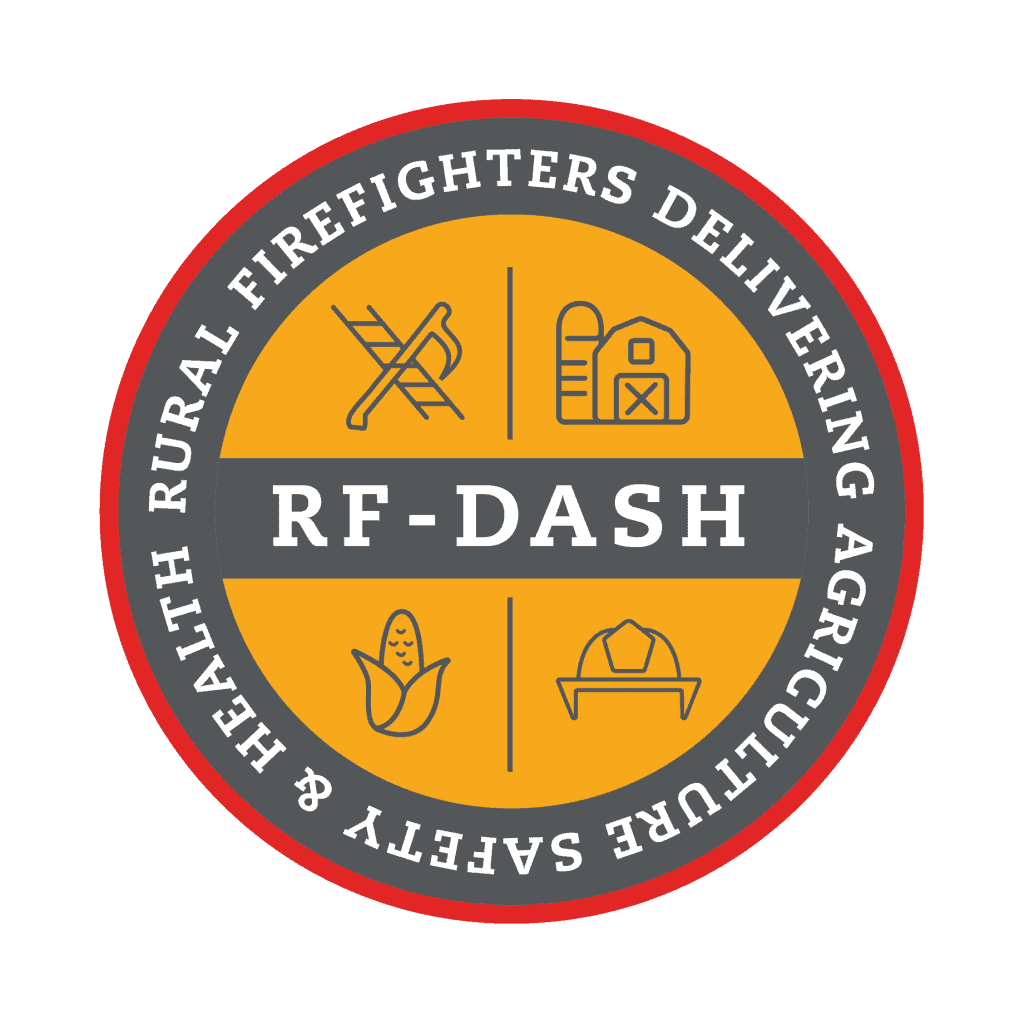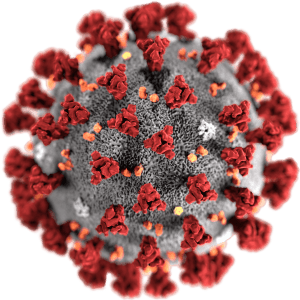Now, more than ever, worker health in the United States is a priority to each and every one of us.
During this time of great challenges and changes in public health, the National Institute of Occupational Safety and Health (NIOSH) is celebrating their 50th anniversary throughout all of 2021. Established by the Occupational Safety and Health (OSH) Act of 1970 and part of the U.S. Centers for Disease Control and Prevention (CDC), NIOSH is a research based entity, developing new knowledge in the field of occupational safety and health and transferring that knowledge into practice. Major areas of focus within NIOSH include hazards and exposures, chemicals, emergency preparedness and response, industries and occupations, diseases and injuries, and safety and prevention.
The Upper Midwest Agricultural Safety and Health Center (UMASH) is one of eleven Agricultural Safety and Health centers funded by NIOSH, all of which are part of the Agriculture, Forestry and Fishing program. Since our establishment in 2011, we’ve been able to utilize the resources provided by NIOSH to accomplish and engage in research, outreach and education on ag health and safety in the Midwest.
Our UMASH Success Stories detail some of the successful work being done by researchers on our projects, which would not be possible without the backing of NIOSH. These Success Stories range from existing and emerging issues, to events, COVID-19 response, worker training and more.
Four of our most recently updated stories are detailed below:
 UMASH Success Story: Stress and Mental Health
UMASH Success Story: Stress and Mental Health
THE PROBLEM:
Agricultural communities are facing a mental health crisis. According to surveys from UMASH partners, 90% of women experience stress related to agriculture. Of agricultural college students surveyed, 50% reported signs and symptoms of stress among their friends and family members. Multiple severe stressors and inadequate access to supportive resources contribute to this crisis.
OUR RESPONSE:
UMASH engaged participants in a multidisciplinary forum to understand the mental health issues in agriculture.
Three innovative partner projects were funded to address different aspects of the crisis. These projects continue their work beyond the initial funding cycle to deliver positive, sustainable impacts in the agricultural community.
 UMASH Success Story: Training Rural Firefighters
UMASH Success Story: Training Rural Firefighters
THE PROBLEM:
People who work in agriculture are 8-10 times more likely to die on the job than the average U.S. worker. Inadequate numbers of safety consultants exist to assist farmers in making their farms safer. In pilot research, farmers expressed willingness to make changes to behavior and operations if given advice from their local fire department.
OUR RESPONSE:
Firefighters are trusted leaders in rural and agricultural communities, and strong partnerships between firefighters and farmers can help make farms safer. The Rural Firefighters Delivering Agricultural Safety and Health (RF-DASH) project equips firefighters and Emergency Medical Services (EMS) personnel to share agricultural health and safety knowledge in their communities.
 UMASH Success Story: Responding to Issues like COVID-19
UMASH Success Story: Responding to Issues like COVID-19
THE PROBLEM:
COVID-19 has dramatically changed the way that we work on the farm: food production systems have been greatly taxed, and as with all essential work, agricultural workers have higher COVID-19 risk.
OUR RESPONSE:
UMASH is responding to the needs of our region’s agricultural workers by:
- Creating tools and resources
- Providing timely guidance and updates
- Conducting innovative research
 UMASH Success Story: Supporting Agricultural Safety and Health Throughout the Lifespan
UMASH Success Story: Supporting Agricultural Safety and Health Throughout the Lifespan
THE PROBLEM:
There are more older workers in agriculture than in any other industry, with the average age approaching 60. Without adequate support, the impacts of aging can make the hazardous environment of agricultural work even more dangerous.
OUR RESPONSE:
UMASH supports the agricultural workforce across the lifespan. Healthy farmers are critical to the economic development of rural communities, the security of agricultural work, the continuation of the world’s food supply, and the maintenance of the environment.

